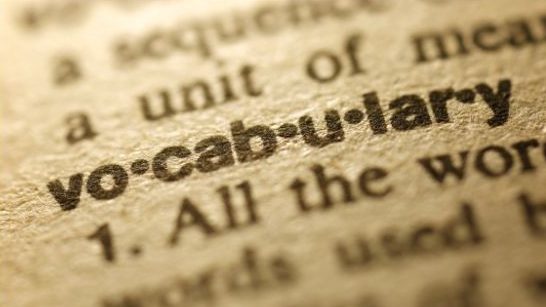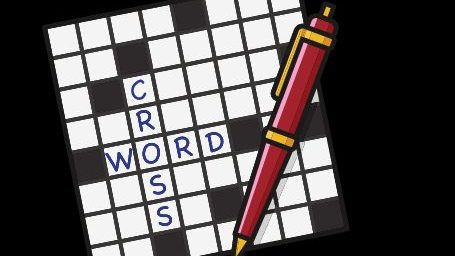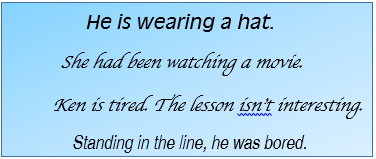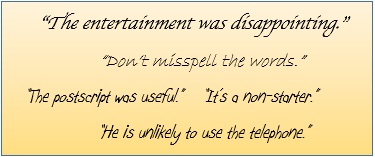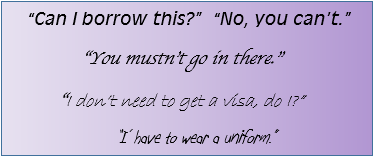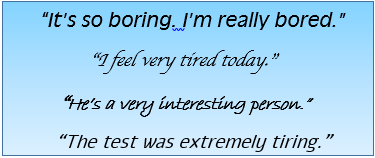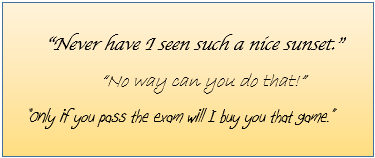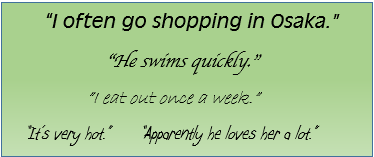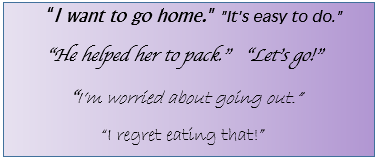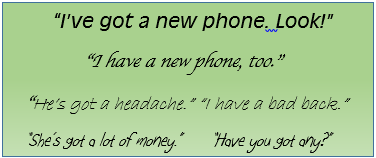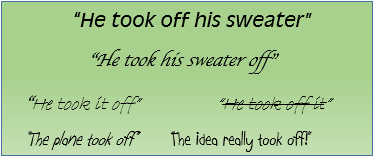On this page you will find some useful information about grammar or vocabulary to help you in your studies.

Grammar
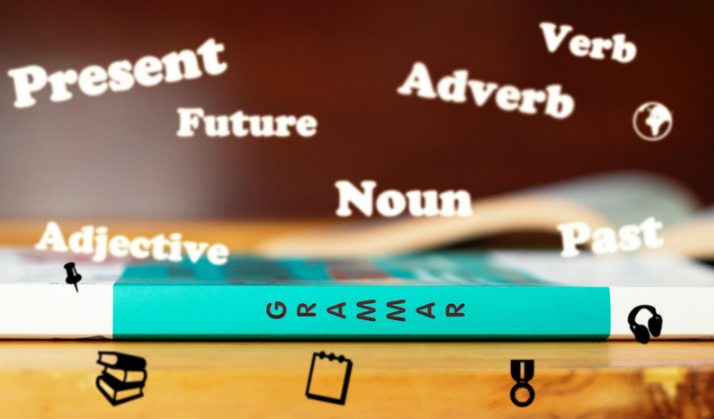
Present and Past Participles
The present participle: Formed by adding –ing to the verb. [Note: A gerund is formed by adding –ing to the ver […]
Reported Speech
We use reported speech to tell someone what another person said. We can use direct speech or indirect speech. […]
Countable and Uncountable Nouns
A: Countable Nouns Countable nouns refer to things which are considered to be separate items. They can be coun […]
Modals for Speculation (guessing)
A. Modals for speculation – present and future 1a. Will/Won’t – used for things in the future considered to be […]
Prefixes and Suffixes
Prefixes and suffixes give information about the meaning of a word. A small selection of common prefixes and s […]
Modals for Permission and Obligation
This post is about modals for permission and obligation. Modals for prediction or requests, or for other thing […]
-ed and -ing Adjectives
In English some adjectives end in -ed (e.g. bored, excited) and some end in -ing (e.g. boring, exciting). Choo […]
Position of Adverbs
Adverbs of manner (how something is done). Usually after the main verb, but before the main verb with passive […]
Infinitive or Gerund
Certain verbs may be followed by an infinitive, a base verb, or a gerund. Some take an object and others do no […]
‘Have’ vs ‘Have got’
‘Have’ has the same meaning as ‘have got’ for possession, family, appearance, illnesses, or timetabled events. […]
Phrasal Verbs
Phrasal verbs are very common in English, especially in conversation. They are formed with a verb and one, or […]
ラボール英会話教室.png)

